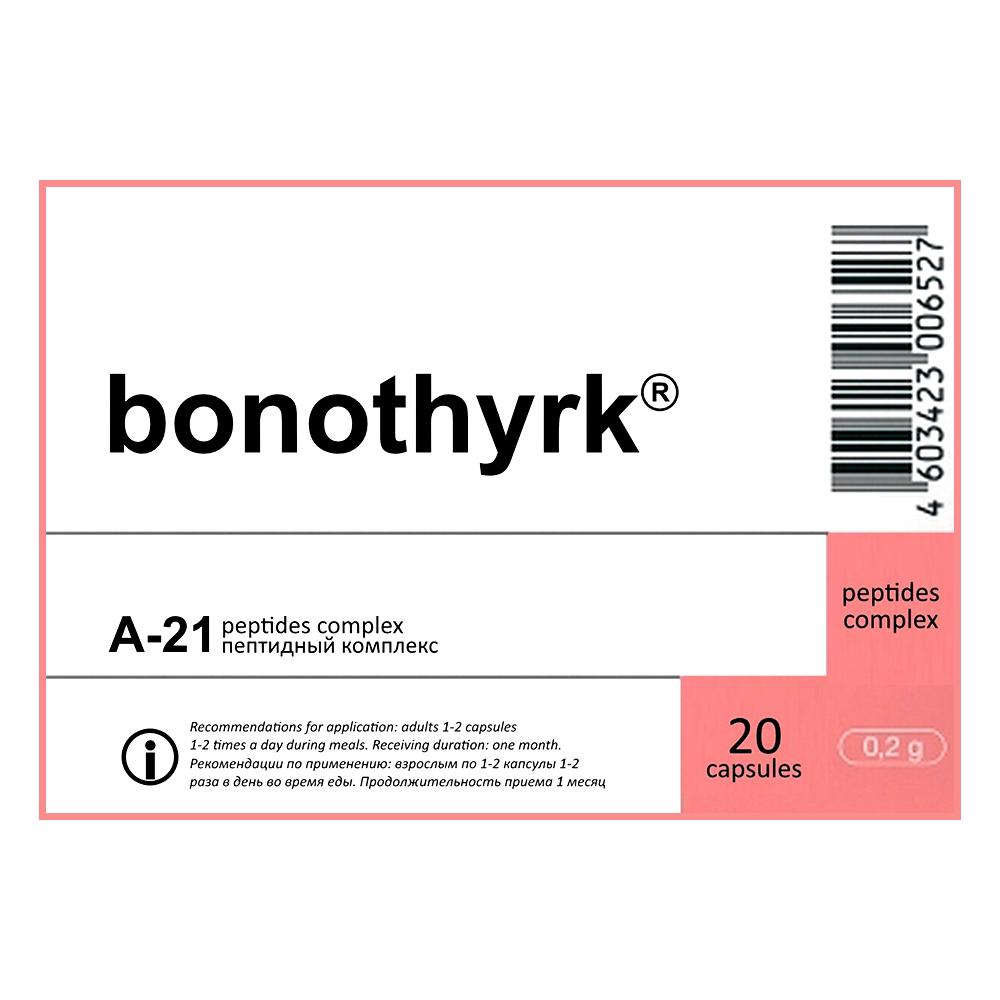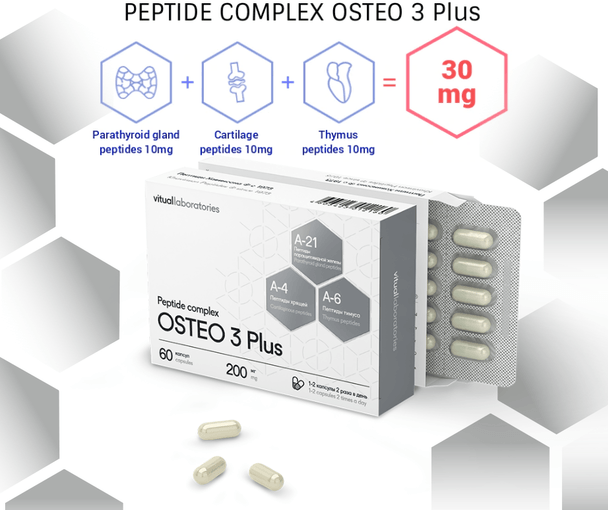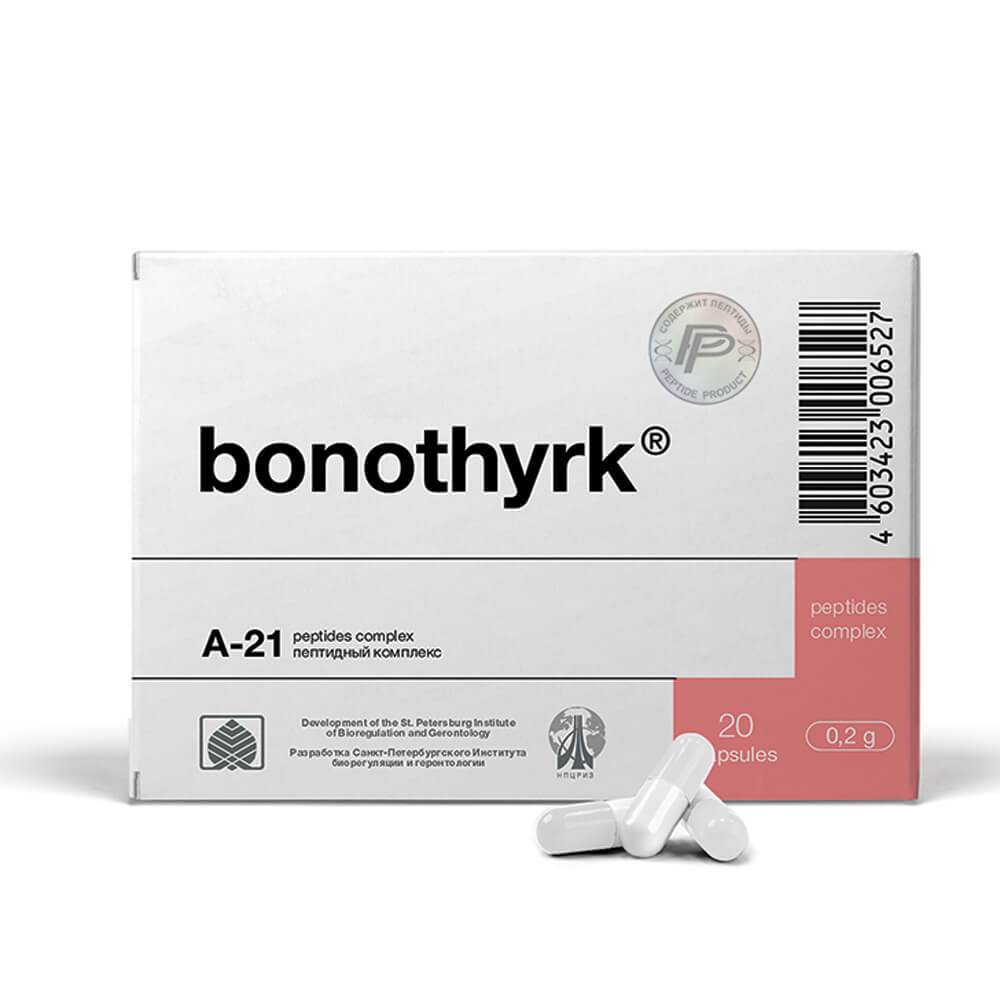What are the parathyroid glands?
The parathyroid glands are four tiny, pea-sized glands located in the neck, just behind the thyroid gland. Parathyroid glands secrete a hormone called parathyroid hormone (PTH), which plays an important role in regulating blood calcium levels. Normally, PTH helps to keep your body's blood calcium in a narrow normal range by releasing calcium from your bones and/or taking calcium out of circulation when you need less calcium in your blood.
What supplement is good for parathyroid glands?
Many people use calcium supplements to treat hyperparathyroidism, but it's important to know that these supplements can lead to serious health problems. Calcium supplements can lead to kidney stones, anemia, and bone loss. Some supplements may be good for healthy parathyroid glands, but others are not safe for those suffering from primary hyperparathyroidism. Just make sure you ask your doctor which type of supplement you should use.
Primary hyperparathyroidism is a condition caused by the over-production of parathyroid hormone by the body’s own parathyroids (glands).
What foods are good for parathyroid?
Some foods naturally help promote healthy parathyroid functions. These include:
**Beet juice
**Broccoli
**Oranges
**Carrots
**Cauliflower
**Seaweed
*Citrus fruit (grapefruits, oranges, lemons, limes)– natural vitamin C (an antioxidant that helps in the development of bones and teeth) and phytonutrients such as beta-carotene and flavonoids; limited consumption of processed juices is acceptable. Fruit juices should be consumed with meal to avoid the loss of fibre from dilution in large amount of juice. Excessive consumption may lead to increased risk of gastric cancer.
What are the symptoms of low parathyroid hormone?
Symptoms of primary hyperparathyroidism may include:
How to treat low parathyroid hormone?
There are several treatments for parathyroid hormone deficiency. The two basic choices are parathyroidectomy (removal of the gland) and orphaning (implantation of a gland from a tissue donor). Both surgeries have been shown to decrease the need for other therapies in as many as 80% of patients. The choice of treatment will also be influenced by the amount of parathyroid hormone produced that day.
What is the role of calcium in hyperparathyroidism?
Parathyroids are present in multiple locations throughout your body and help regulate numerous critical processes within your body.
Is parathyroid surgery serious?
The risks of surgery are minimal, and the procedure is generally a safe, effective and life-saving treatment. It should be noted that parathyroidectomy surgery may cause bone loss in some patients.
How long does parathyroid operation take to complete?
The duration of the procedure depends on a number of factors including the amount of parathyroid hormone present at the time of removal. In most cases, it takes an average of two to three hours for your surgeon to complete the operation. Afterward, you will be placed on an intravenous drip for several hours so that your body is able to eliminate remaining amounts of parathyroid hormone from your blood stream.
What are the side effects of parathyroid surgery?
The risk of complications is minimal and temporary. The most common side effects include hoarseness, dry mouth, and temporary trouble with speaking and swallowing.
How common are parathyroid tumors?
Parathyroid tumors form in the parathyroid glands and are relatively uncommon, representing approximately 1% of all thyroid cancers. The majority of parathyroid cancers are benign.
Can parathyroid cancer be cured?
Parathyroid cancer is usually curable after parathyroid surgery, but more advanced cases may require additional treatment or surgery. Unfortunately, this means that some patients can have recurring problems with hyperparathyroidism, especially if the tumor is malignant and even more so if it recurs after a second or third operation.
What percentage of parathyroid tumors are cancerous?
According to the American Cancer Society, approximately 90% of parathyroid tumors are cancerous.
What is a parathyroid vs a hyperparathyroid?
Myths and misinformation about hyperparathyroidism (go to next question)
How do you get a parathyroid tumor?
Parathyroid tumors can arise from almost any tissue in the body, but are found most often in the head and neck regions of the chest and abdomen as well as kidney, prostate and pituitary glands. Parathyroids are present in multiple locations throughout your body and help regulate numerous critical processes within your body. The exact cause for some parathyroids to become malignant is unknown (mystery).
Does a parathyroid tumor have to be removed?
With early detection and treatment of primary hyperparathyroidism, the risk of long term complications is minimized. Nowadays, there are different methods to reduce PTH levels and to decrease symptoms such as bone loss or kidney stones:
hypercalcemia: elevated blood calcium
hypercalciuria: increased urine calcium
bone disease: hyperparathyroidism-induced bone disease that can lead to risk of fracture and osteoporosis; can also cause kidney stones
What is a parathyroid scan?
The neck is first imaged by using a camera known as an endoscope. The endoscope allows the surgeon to visualize abnormalities of the parathyroids.
Is parathyroid cancer deadly?
Most parathyroid cancers are benign, but many can be life threatening if not diagnosed early. PTH receptors are found throughout your body, so even those in the parathyroid gland can cause high blood pressure and other serious health problems. And it is thought that these receptors may also play a role in auto-immune diseases such as multiple sclerosis.
Is there treatment for parathyroid cancer?
There is no cure, so treatment only aims to decrease symptoms and/or prolong life. In most cases, surgery will be required to remove the hyperplastic or malignant parathyroid tissue.




